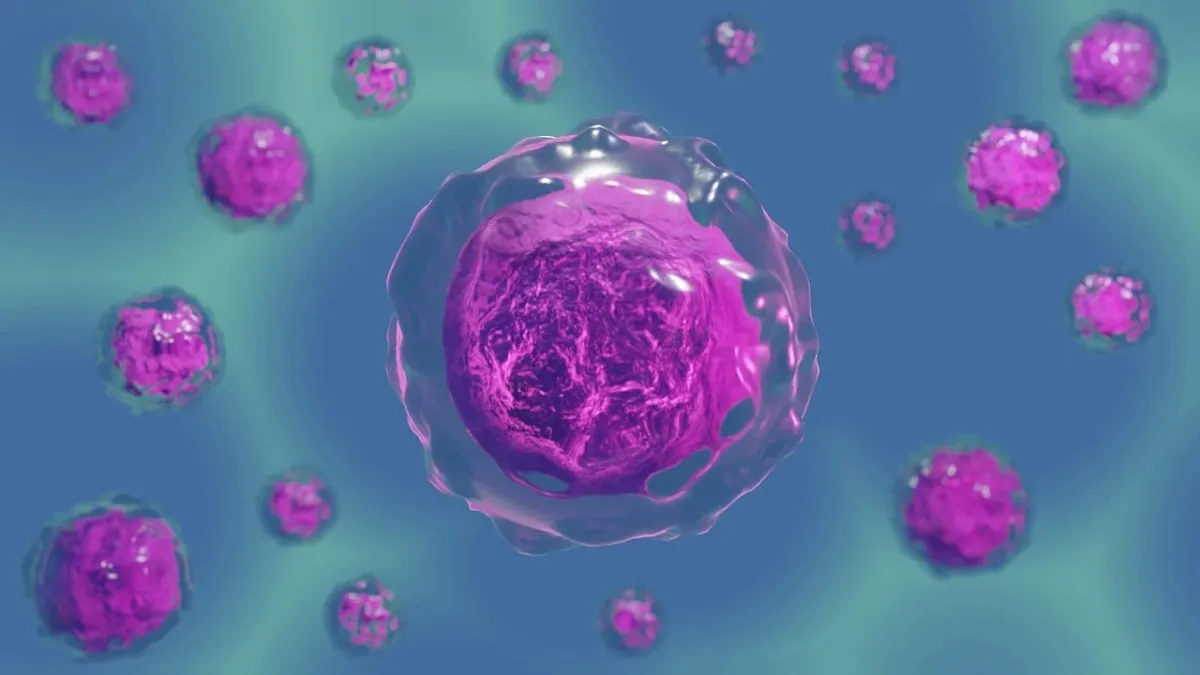New Method Reverses Ageing in Mouse Eggs and Its Implications for Human Fertility

Reversing Ageing in Mouse Eggs: A Study Overview
A groundbreaking study from the National University of Singapore has revealed that it is possible to reverse the ageing process in mouse egg cells, offering new hope for fertility treatments. Led by Dr. Rong Li, the researchers discovered a method to rejuvenate ageing mouse oocytes by transplanting them into younger follicles.
The Rejuvenation Technique
- Removes aged oocytes from older mice.
- Transplants them into young mouse follicles.
- Restores crucial connections in aged oocytes, enhancing cell function.
As oocytes age, they encounter difficulties with cell division, which often results in chromosomal errors and increased miscarriage rates. This new method has shown successful recovery of youthful characteristics, improving maturation rates and reducing chromosomal abnormalities in the rejuvenated oocytes.
Significance for Fertility Treatments
Rejuvenated oocytes exhibited enhanced maturation rates and fewer chromosomal issues. Successful pregnancies were observed when these eggs were fertilised and reimplanted into mice. This pivotal study suggests that the advancement could be adapted for human applications, presenting a novel pathway for addressing age-related fertility challenges.
Future Implications
The implications of this research spark optimism among scientists. If these techniques can be translated to human applications, they could revolutionize the management of age-related fertility issues. The study underscores the importance of follicular environments in maintaining egg quality and heralds potential advancements in reproductive health.
As research continues to unfold, there's hope for innovative fertility treatments that may aid many individuals facing age-related reproductive difficulties.
This article was prepared using information from open sources in accordance with the principles of Ethical Policy. The editorial team is not responsible for absolute accuracy, as it relies on data from the sources referenced.